
Guest blog by Chelsea Lovell, self advocate member and Kate Chate, family and friends member
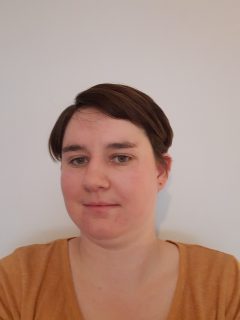
Hello I’m Chelsea and one of my many roles is being a spokesperson for Learning Disability England.
I’m autistic and I sometimes need help with things.
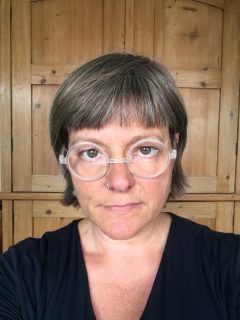
Hello I’m Kate and I’m a spokesperson for Learning Disability England.
I have a family member who has a learning disability.
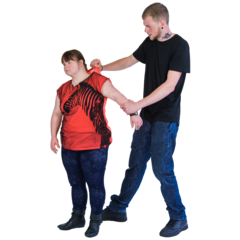
International day to end violence against girls and women is on Thursday 25th of November.
Find out more about this from the World Health Organisation here
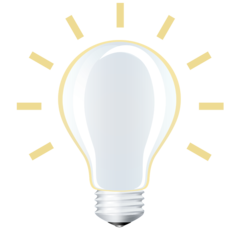
We thought it was important to highlight women and girls with learning disabilities.
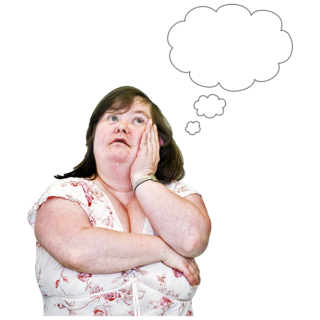
It might not have been something you thought of when you heard the title.
But it happens.
Other words for violence might be hate crime, abuse, assault and so on.

It is not always reported and it is not always in the news.
But violence does happen.
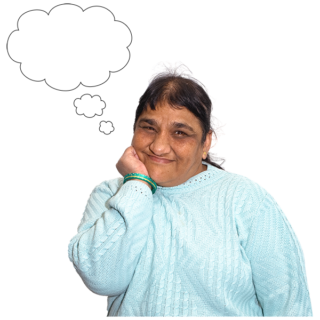
Sometimes people with learning disabilities don’t realise it is abuse.
Sometimes people with learning disabilities might not know how to report it.
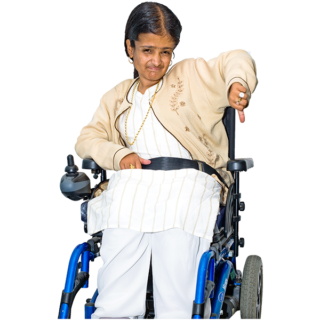
But too many girls and women with learning disabilities are likely to experience it.
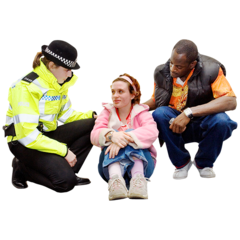
Here are two facts we found out:
Disabled women were almost twice as likely to have experienced any sexual assault in the last year as non-disabled women. (in 2018)
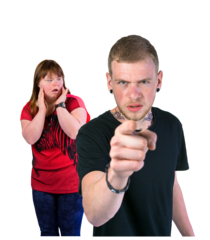
And:
Disabled women were more than twice as likely to experience domestic abuse as non-disabled women, and almost twice as likely as disabled men. (End of march 2019)
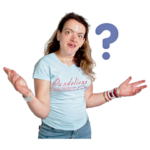
Will attitudes change?
Would people help us report violence better if the public was more aware?
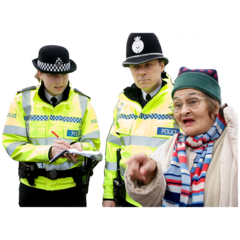
How do we get the police and the Crown Prosecution Service to take our complaints more seriously and prosecute people more often?
Especially the serious crimes like rape or abuse of power.

As a mum, I want to keep my children safe while protecting them from being scared.
I know I am also sometimes guilty of not giving helpful language and information. (Kate)

Double discrimination – a young woman with learning disabilities.
You are shielded but you need the education.
That’s how I felt growing up. (Chelsea)
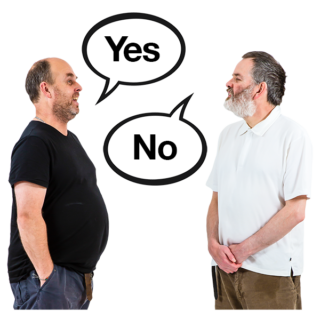
We are also at risk of sexism too.
Which comes in different forms.
So we need to understand both sexism and ableism.
And people need to support us.
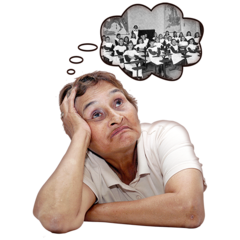
History has not always been kind to those with learning disabilities.
With decades of institutional abuse.
Although we are in a much better place now we must remember the older generation of women with learning disabilities might still be suffering the effects of their past.
And the older generation in general.
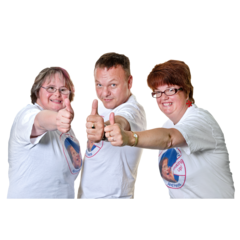
That’s why campaigns such as Dimensions’#Imwithsam and groups like the Supported Loving Network from Choice Support are so important.
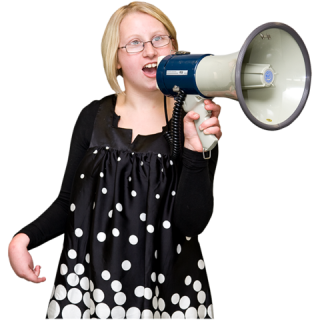
We need every young woman growing up with learning disabilities to understand what abuse is.
That it’s not OK.
And how to report it.
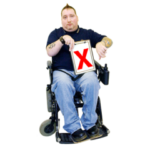
And for every single person in society to support them and stand with them.
And say abuse and violence against women with learning disabilities (or any women) is never OK.

You can find out more about disability and crime from the Office of National Statistics here